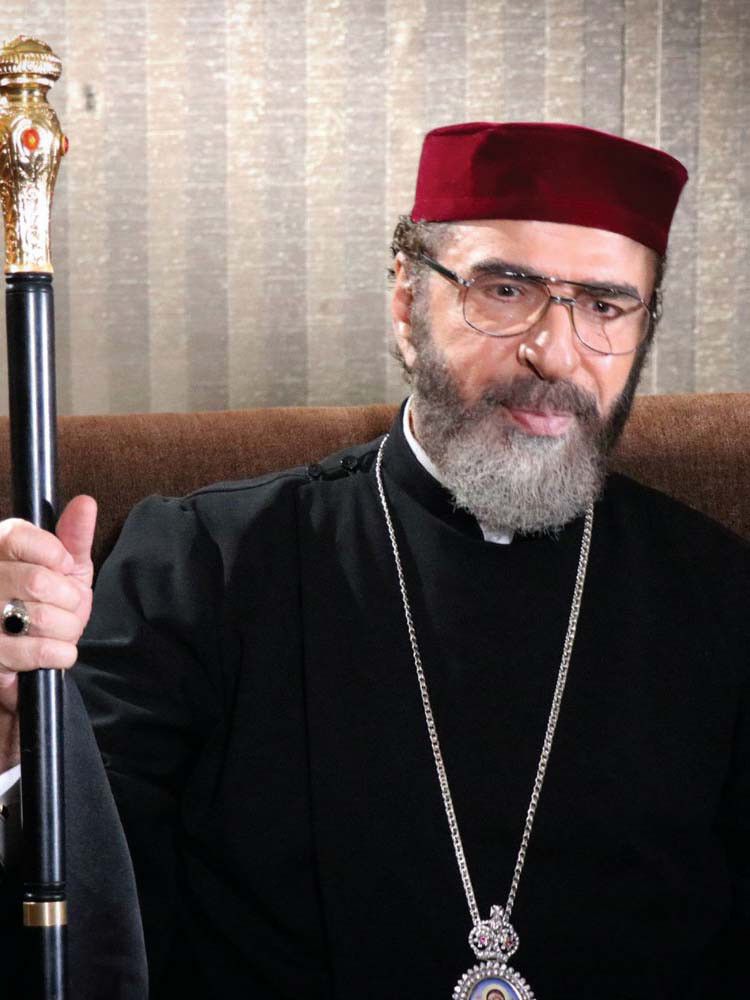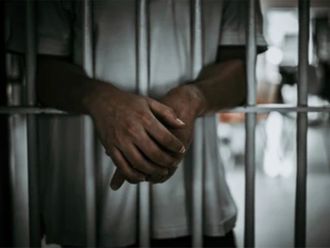
Damascus: One of the unreported victims of COVID-19 is the Syrian soap opera industry, which has been hit hard by the pandemic. One month ahead of Ramadan, the Syrian government banned the filming of television works throughout the country. Those works attracted large crowds, whether due to the number of their crew members or the amount of passersby who stopped to watch their celebrities at work, in violation of social distancing guidelines spelled out by the World Health Organisation (WHO).
To date, Syria has reported 42 cases of COVID-19, six of whom have died from the virus.
One Syrian actress, Hana Nasour, announced that she has been diagnosed with COVID-19, but then added that she had been cured from the virus.
Many prominent actors, like veteran comedian Duraid Lahham, have made short clips calling on their fans to stay home during the lockdown, raising a banner: “Stay home, its safer for all of us.”
Works that made it
Producers are furious, however, saying that these measures will kill the already troubled industry, especially that it prevented them from completing their works ahead of the holy month.
“This is very unfortunate” Palestinian-Italian filmmaker Adel Abu Zahri, told Gulf News: “The entertainment business ought to have witnessed a boom this Ramadan, since everybody is staying at home, watching television or YouTube.”
He quickly reminded: “To start out with, Syrian production was already at a bare minimum this year, even without the coronavirus.”
Two shows have been given a permit by the Information Ministry to resume filming their incomplete works, but they have to continue work throughout the month, filming and airing simultaneously, if they abide by the strict measures of WHO.
One is Souq Al Harir, directly by Moumen Al Malla of the celebrated work Bab Al Hara. His new series, set in 1950s Damascus, is going to air exclusively on MBC.
The second work that will air, despite all odds, is Interview with Mr Adam, starting Gassan Masoud, which will air on Abu Dhabi TV.
Works that did not
Among the works that were earmarked for Ramadan but won’t be able to air on time is “Chicago Street” featuring Abbas Al Nouri, the celebrated star of Bab Al Hara. Unable to finish work by Friday April 24, the 30-episode drama has postponed airing until after Ramadan.
Marketing and distribution
Making it on-time for Ramadan is not the only problem Syrian producers are facing. Many of the shows that were unaffected by the lockdown, which had managed to complete their shooting by March, are finding difficulty in selling their works to Arab satellite channels, because of lack of advertising and sponsorship.
“Selling works requires sponsors and advertising” said one celebrated actor, who refused to be named. Speaking to Gulf News, he explained: “Those advertisers are usually car-makers, banks, hotels, and airlines, who are all on the verge of running out of business due to COVID-19. They have no money to spend on advertising anymore. Those who are still operational and taking a risk would rather put their money in Egyptian or Gulf dramas, which are competing with Syrian works.”
One of the Syrian works that is in jeopardy this Ramadan is Hares Al Quds (Guardian of Jerusalem), a television of biography of the late Bishop Hilarion Capucci, arrested by Israel for smuggling arms to the Palestinian resistance in the West Bank, back 1974.

It will only be airing on state-affiliated Syrian channels and the Hezbollah channel Al Manar.
Talent drain
Additionally, a large number of front-line actors had left the country in 2011 and are now residing in Cairo, Beirut, or Dubai. This applies to prominent figures like Gamal Suleiman, Taym Hassan, and Basel Al Khatib, who are now all working with Egyptian production houses.
Those who stayed behind in Syria have to settle for reduced wages for their talent. A front-line actor who used to make $20-40,000 for a 30-episode drama now has to settle for no more than $10,000 being offered to him/her by local producers. Less famous actors work for $3-5,000 per season.








